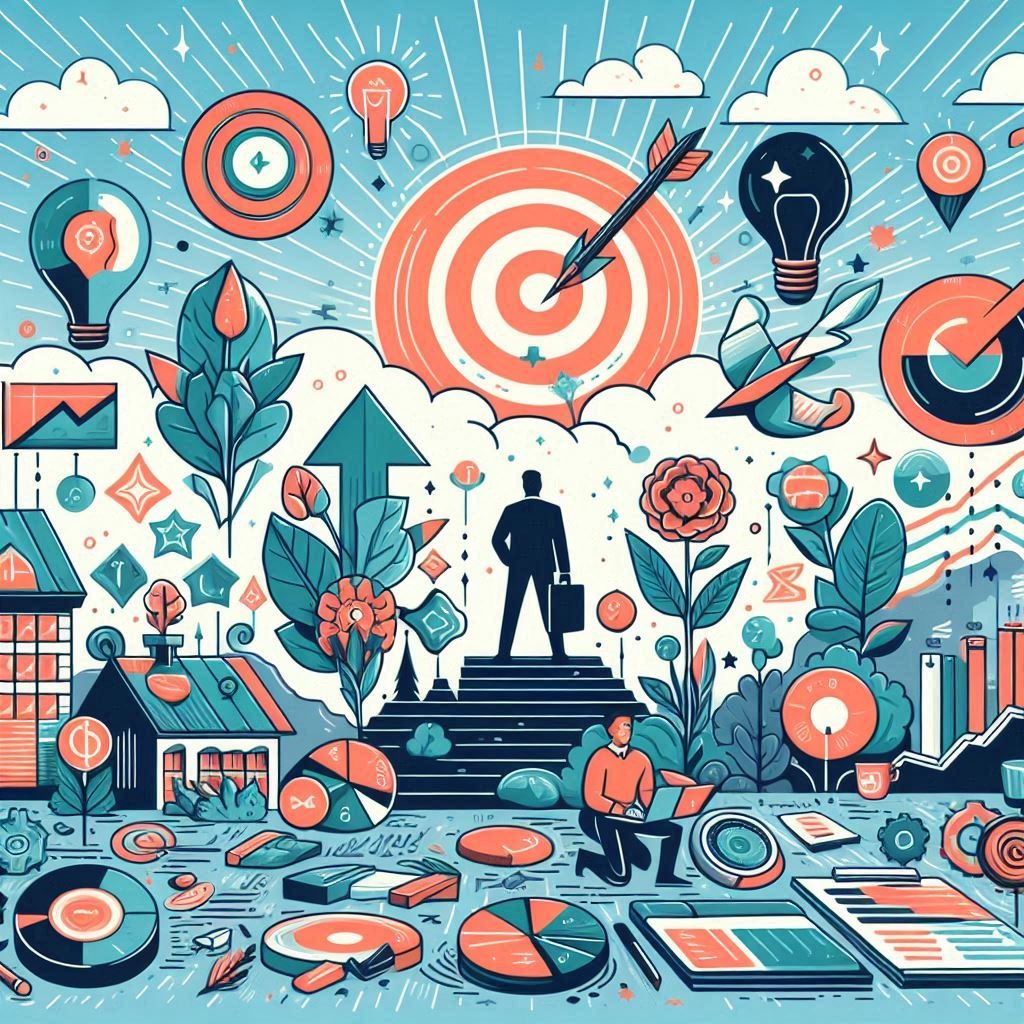Holding onto Hope – using the science of goal setting to re-energise
Bright-eyed and bushy-tailed, you step into dental school feeling energised and on top of the world. You know exactly what you want and exactly how you will get there. Although the next few years are challenging to say the least, you dig deep and work through the blood, sweat and tears, because you know what the end prize is and how sweet it will taste when you finally get there. Fast forward to a time in the future, perhaps 5, 10 or 15 years into your dental career. Do you start to feel a little lost? A little less energised? Perhaps burned out? Unlike university, where almost every minute of every day was accounted for, whether in lectures, labs, or libraries, the real world is far less structured. Where once there were crystal clear goals ahead of you, now there is a haze of repetition, stagnation, and dissatisfaction.
Humans are inherently teleological beings, meaning that we are wired to move towards a goal or purpose. So, what you are experiencing in that floundering state doesn’t just feel bad, it literally is bad for your wellbeing and psychological health. How do we shake things up and get you out of the rut that you are in? Through the science of goal setting.
Most of us have heard of SMART goals, and there are certainly numerous frameworks out there, but the one I want to introduce you to is based on the research of Robert Biswas-Diener and Ben Dean (2007). The framework outlines 3 main constituents of a goal that has high chances of attainment:
Goal orientation: Is your goal focused on gaining something meaningful and positive, otherwise known as approach goals? Or is your goal focused on minimising risk and failure, otherwise known as avoidance goals?
Goal content: Is your goal focused on service, connection, and growth? Or is your goal focused on power, status, and position?
Goal motivation: Is your goal truly what you want for yourself and aligned with your deepest values, or is your goal a projection of those around you?
Let’s apply this framework to a few examples, and while you’re reading the different versions, I invite you to notice how they sound to you and how they make you feel:
I need to be great at molar root canals, otherwise I won’t be employable.
vs
I want to increase my skills at performing root canal therapy on molar teeth so that I am able to provide a wider range of services to my patients. By developing in this area, I will grow as a clinician and feel proud of my achievements.
I want to specialise because I will be more prominent in the industry.
vs
I want to specialise because I have enough awareness to know where my strengths lie. By honing my skills in this particular area, I will be better equipped to provide my patients with treatment options that may otherwise not have been available to them. I will develop as a clinician and be able to share my expertise with the next generation.
I need to open up my own clinic because all of my colleagues are doing it.
vs
I want to open up my own clinic because I will be able to create a flourishing work culture and serve patients according to my deepest values. I will stretch myself as a business owner and give back to the community in my own way.
How did each version make you feel? What did you notice about your energy levels as you read them? It may seem deceptively simple, but the language that you use, the reason for your goals, and the intentionality with which you set them all make a difference to not only the likelihood of you achieving that goal, but also to your overall wellbeing. Don’t be afraid to reflect on your values, strengths, and desires, in order to craft goals that are uniquely you. You will find that when you do, your goals are meaningful, connected and emotionally positive, or as I like to call them – goals with soul.
“Small steps in the right direction are better than big steps in the wrong direction.”

